How to Lower Cholesterol with The Mediterranean Diet
By Barbara Maria dos Santos Pinho
Updated April 13, 2023
Last November, I finally left the house to do something I’d delayed for months: get my blood tested. The procedure was quick, and the results got to my email on the very same day.
Everything was fine, except for one bit — cholesterol. My doctor said it wasn’t a severe issue for the time being, but I would have to change some foods in my everyday diet. How to lower cholesterol? She reinforced that I should be careful with eggs and only eat two per week. I took the diet sheet, brought it home, and started eating (almost) accordingly.
But then I started writing this story.
Recent research shows that certain foods, like shrimp and eggs, which were once thought to boost our blood cholesterol, aren’t really the problem at all. Yet there are foods which cause a lot of damage to our cholesterol levels and other foods that are beneficial. Before we dive into our diet, let’s take a step back into the basics of cholesterol.
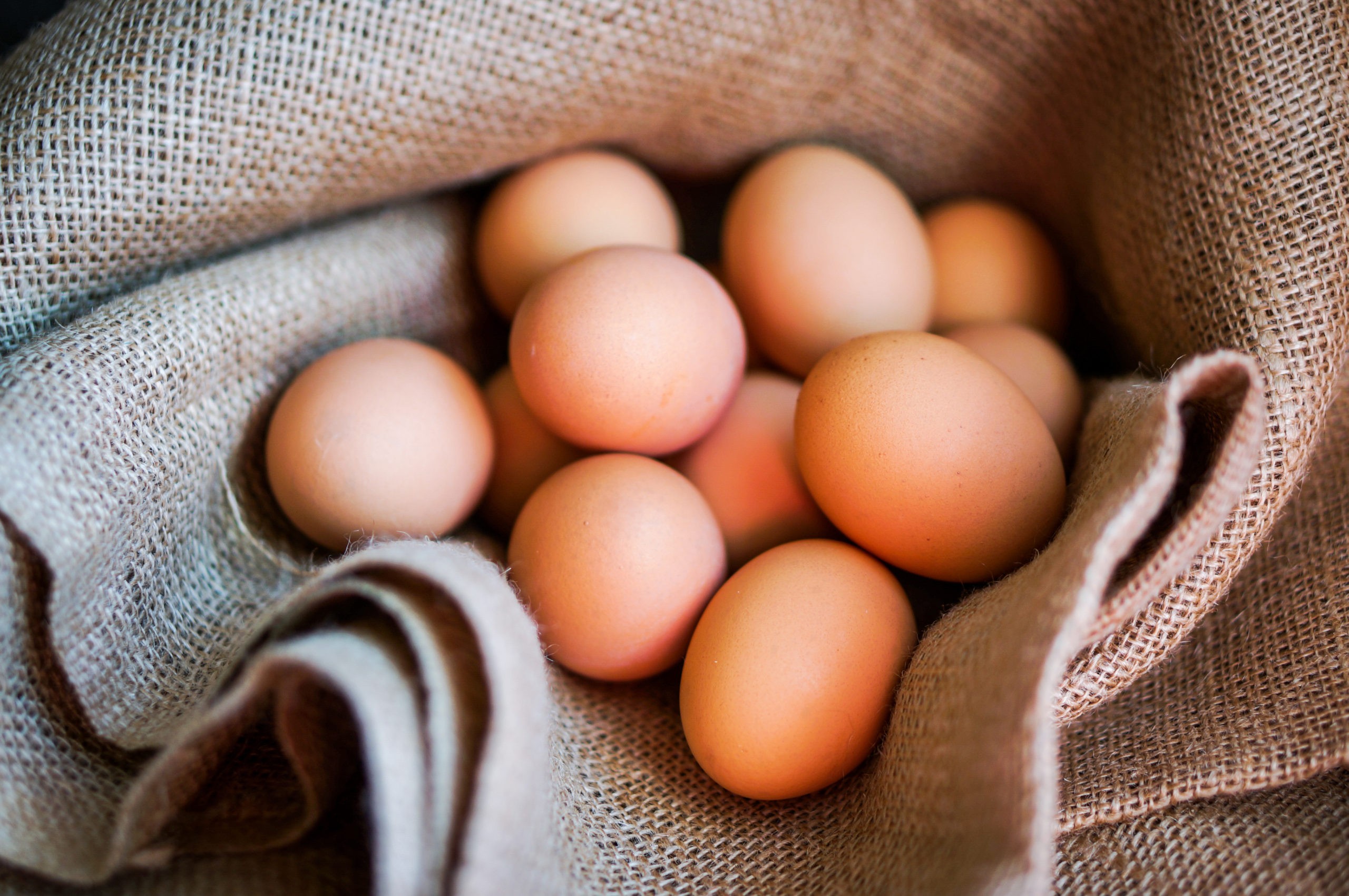
What is cholesterol anyway?
Simply put, cholesterol is a biomolecule, and despite its bad reputation, it’s actually crucial in our bodies. It makes up an important component of our cells and is the building block of hormones like progesterone and testosterone and vitamins, like vitamin D.
The human liver produces around 80% of the cholesterol our bodies need, and the remaining 20% comes from what we eat. Inside the liver, the production line is no joke; it’s one of the most detailed metabolic pathways happening inside our bodies, with dozens of chemical reactions occurring simultaneously.
Cholesterol in the body
Since cholesterol is a fat, it cannot be mixed with water (like oil and water don’t mix). Consequently, cholesterol cannot circulate freely in the blood. So, when in production, cholesterol has to be attached to specific proteins that act as ‘carriers’ throughout the bloodstream. After attaching cholesterol to a ‘carrier’ protein, we get lipoproteins.
Two popular lipoproteins are LDL (low-density lipoprotein), called ‘bad cholesterol’, and HDL (high-density lipoprotein), or ‘good cholesterol’. The liver makes a primary type of LDL and sends it off to the body, delivering fatty molecules to all tissues. This is healthy and necessary because we need fat in all cells. However, and this is when LDL becomes the bad guy, LDL tends to stay in the bloodstream. If there’s too much of it, fat starts to accumulate in the blood vessels, building up a plaque known as atherosclerosis.
This is a risk factor for many cardiovascular complications like strokes or heart attacks, so paying attention to LDL levels in the bloodstream is very important. On the other hand, HDL collects cholesterol in the bloodstream and takes it to the liver, where it is properly recycled. Since HDL keeps cholesterol from causing trouble to the cardiovascular system; it makes sense we see it as the good guy.
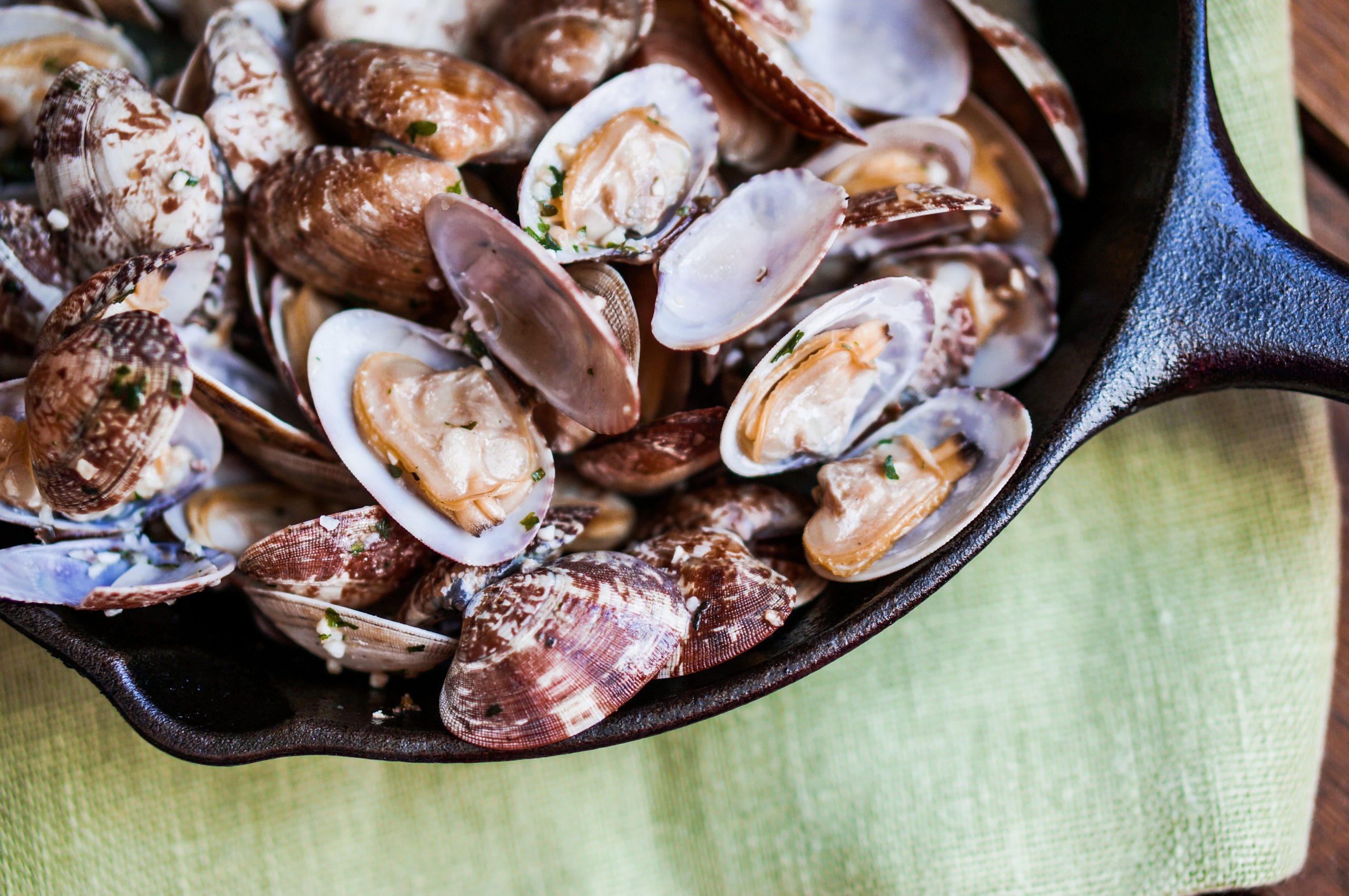
Even though it all sounds pretty straightforward, the way our liver makes cholesterol changes according to the circumstances around it, aka what happens inside the body. When we eat less cholesterol, the liver makes more of it.
When we eat more cholesterol, the liver produces fewer molecules. Because of this adaptation, our cholesterol levels don’t tend to fluctuate that much. Therefore, some foods like sardines, shellfish, cheese and eggs, all high in cholesterol, have minimal impact on the blood cholesterol of most people. However, other processed products like sausages, bacon, pastries and deep-fried meats aren’t as innocuous.
Cholesterol and diet
A large proportion of people (40% of the population) are actually susceptible to certain fatty foods. However, the remaining 60% don’t experience much cholesterol fluctuation when it comes to these foods.
So, yes, most people are okay with eating more than two eggs in a week. In one study, people eating four eggs in a week and people eating one egg in a week all had similar cholesterol levels in their blood. So, eggs don’t seem to be that evil. But how come some doctors suggest we eat such a limited amount of cholesterol every day?
Some old recommendations were based on animal studies where rats showed greater health risks due to high intakes of dietary cholesterol. This, of course, should be worrying. However, the amount researchers gave to these animals was unrealistically high.
In one study, some were taking the human equivalent of 9500 milligrams of cholesterol per day. That’s around 51 eggs in a single day — who eats that? More recent studies in humans reinforce that reasonable consumption of eggs and dietary cholesterol is not harmful and has no effect on cholesterol levels in most people’s blood.
So, yes, great news, it seems that I can eat more than two eggs in a week. While the blood levels of cholesterol don’t tend to fluctuate too much depending on what we eat, our diets can influence the lipoproteins we have in our bloodstream, i.e. the good and bad cholesterol. But what are the worst foods for high cholesterol and the best foods to lower cholesterol naturally?
Not all is welcomed.
What are the worst foods for high cholesterol?

Fast food, processed meats, pastries and fried foods are all high in cholesterol but they don’t belong to the same category as the eggs mentioned above. This is because they have been linked to increasing LDL levels in the bloodstream of those who dined on these products too often.
In a study with almost 2000 children who were eating takeout, those who were eating fast-food more than one time every week had higher levels of LDL in their bloodstreams than their counterparts who rarely ate such dishes. Thus, these products shouldn’t be welcomed in my diet if I’m looking to lower my LDL levels. Still, if some foods increase bad cholesterol, could others increase the good one?
Yes, they could, and the diet that makes it all happen is the Mediterranean one.
How to Lower Cholesterol Naturally with the Mediterranean Diet
People living in Mediterranean countries do not have as many cardiovascular diseases as others. Since cholesterol is usually tied to heart problems, it’s no wonder scientists decided to study how the Mediterranean diet influences their bodies. In a 2021 review study, researchers looked at dozens of studies from the past decades.
They saw a pattern: the Mediterranean diet is the only regime showing increased HDL levels, the good cholesterol, with some foods decreasing LDL levels, the bad cholesterol. Scientists concluded that specific foods like extra virgin olive oil, tomatoes, nuts, fish and fish oils had an amazing impact on HDL and LDL in the bloodstream. Here’s how:
Is Olive Oil Good For Cholesterol?
Olive oil is a popular choice amongst fans of the Mediterranean diet. However, a particular type of olive oil stands out when we’re talking about good cholesterol — polyphenol-rich extra virgin olive oil. It may look like a mouthful but bear with me. Polyphenols are a type of bioactive compound or natural chemical molecule.
We find it in plant foods like tea, nuts, grapes, avocados, chocolate, and olives. These compounds have protective effects against oxidative stress and help with lipid metabolism in the body. In a study with almost 7500 patients, researchers saw that after one year of eating a Mediterranean diet, patients’ cholesterol efflux capacity of HDL was increased.
In particular, in the body of those who ate a diet enriched with extra virgin olive oil, the ability of HDL to esterify cholesterol significantly increased. This means HDL was more capable of removing excess cholesterol from the bloodstream and blood vessels and delivering that fat to the liver.
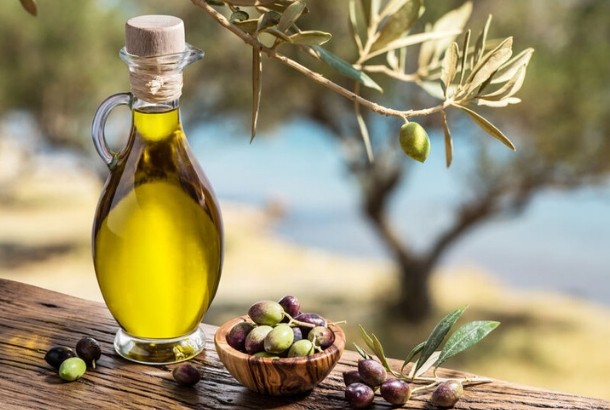
Tomatoes
Are tomatoes good for cholesterol? Absolutely! Studies show that tomatoes, crucial vegetables in the Mediterranean diet, also positively impact HDL in the bloodstream. In particular, in a study with 54 overweight patients who took lycopene supplementation, a powerful antioxidant found in tomatoes, researchers saw some evidence that HDL’s metabolism improved significantly.
Fish and fish oils
Some fish and fish oils (think salmon, sardines and oysters) are enriched with omega-3 fatty acids. Of the three main omega-3 fatty acids — the alpha-linolenic acid (ALA), the eicosapentaenoic acid (EPA), and the docosahexaenoic acid (DHA) — EPA and DHA have been shown to reduce LDL in the bloodstream. This is great because, with lower LDL levels in the body, patients’ risk of cardiovascular disease also decreases.
How To Reduce Cholesterol
What we know about cholesterol is constantly evolving, and the latest research shows that foods high in cholesterol are not always the enemy when we’re talking about blood cholesterol AND as counterproductive as it may sound, enriching your diet with fats like extra virgin olive oil, nuts, and fish oils will help your overall heart health. As for me, I’ll keep using extra virgin olive oil in all of my cooking and start enjoying more than two eggs this week. Let’s see how things go in my next blood test.
Low Cholesterol Recipes from the Mediterranean Diet
Here are 10 Mediterranean recipes that will help lower your cholesterol and give you a great deal of pleasure as well!
Lentil Tabbouleh with Roasted Squash
Both lentils and squash are staples of any Mediterranean Diet meal plan. Lentils are very high in polyphenols which have been shown to help reduce risk of heart disease, type 2 diabetes and potentially cancer while improving both the brain and the gut microbiome.
Lentils also have one of the highest antioxidant levels compared to other legumes. Butternut squash is also high in both polyphenols and antioxidants and it’s skin has been shown to be helpful in lowering blood glucose. The entire meal is packed with fiber and lots of nutritional goodness
Grilled Salmon Salad with Yogurt Dill Dressing
Grilled Salmon with Yogurt Dill Dressing is super easy to make. There is no marinating needed as the salmon comes out perfect grilled with just a minimum of seasoning. I begin by firing up the grill. Whether its charcoal or gas, you want to have nicely preheated grates to cook the salmon on.
Lentil Soup with Olive Oil and Orange
This traditional Cretan Lentil Soup is a hearty and delicious Mediterranean Diet recipe. It’s easy to prepare, and you can prep your other ingredients while cooking the lentils. I love making this soup on Sunday for weekday lunches. Enjoy with a tasty and healthy chunk of sourdough bread.
Lentil Soup with Olive Oil and Orange
Lebanese Hummus
The variety of different types of hummus in the grocery store is growing rapidly. The thing is, homemade hummus is so inexpensive and easy to make that the store-bought hummus won’t taste the same after you try this version. Hummus is a traditional Mediterranean lunch recipe and is made with extra virgin olive oil, not canola oil, while most store-bought hummus contains canola oil. Your homemade hummus will already taste better and be healthier with extra virgin olive oil.
30 Minute Baked Turkey Meatballs
These baked turkey meatballs are loaded with herbs and surprisingly, mushrooms, to make them a little healthier. I kind of stole this recipe from my mom, who urged me that you can’t put enough dried herbs in these turkey meatballs.
The first time I made them I didn’t put nearly enough parsley. I was wondering why they lacked a little in flavor. She knew what she was talking about because they turned out much better the second time.
Maple Almond Granola with Coconut
Start your morning off right with this delicious, easy & healthy Granola recipe. This Mediterranean Diet breakfast recipe uses a short list of whole foods and has just the right level of sweetness. As a plus, this recipe is also gluten-free. Oats are naturally gluten-free, but be sure that your oats are not made in a facility that also processes wheat products.
Muhammara (Roasted Red Pepper and Walnut Dip)
The dip can be made from start to finish in 30 minutes. Simply roast the red peppers and walnuts in the oven, add them to a food processor with the rest of the ingredients and process until smooth and the dip is ready. You can serve Muhammara warm or cold and I find that the flavors are even brighter after being refrigerated overnight.
Mediterraean Fish Stew in 30 Minutes
This Mediterranean fish stew is perfect using any white fish. I have tried it with both halibut and flounder. It is so simple to make that even a novice in the kitchen will find making it to be a breeze. You don’t even have to cut the fish before putting it in the broth, because it will fall apart naturally on its own.
Bean Burgers with Garlic and Sage
Bean burgers are super quick and great to make when you don’t know what you are making for lunch or dinner. Just grab the ingredients from the pantry, prepare (10 minutes), fry (10 minutes) and within 20 minutes your meal is ready.
Avocado Toast with Caramelized Balsamic Onions
This is a ridiculously satisfying avocado toast recipe. It’s vegan and very filling and the fat from the avocado and extra virgin olive oil make for a rich taste. The sweetness of the caramelized onions creates a nice balance with the acidity from the balsamic vinegar. A tip for this is to find good bread. Some of my favorite loaves of bread for avocado toast are sourdough, baguette, focaccia, olive bread, and fresh Italian bread.
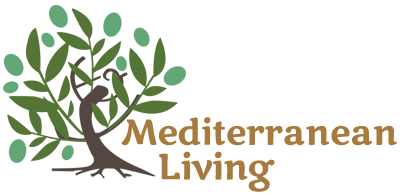
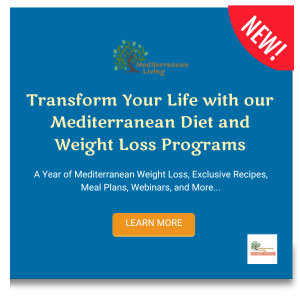






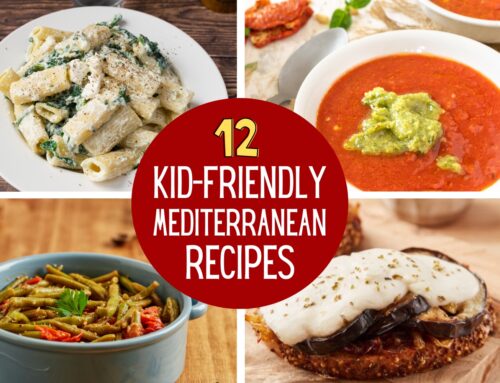
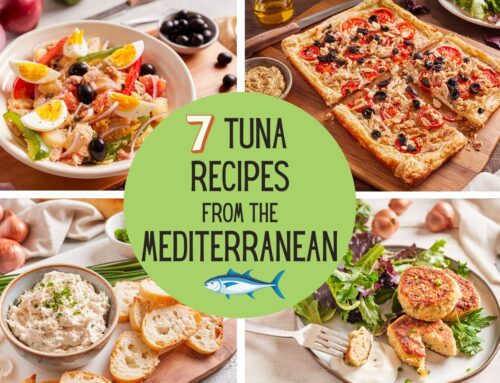
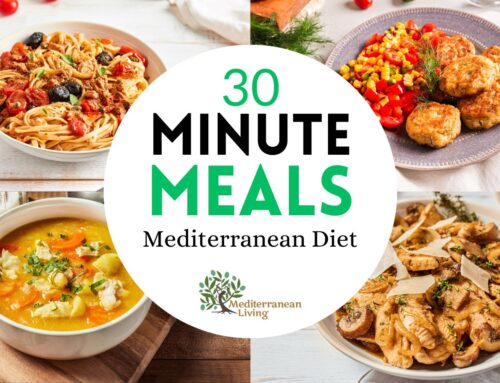
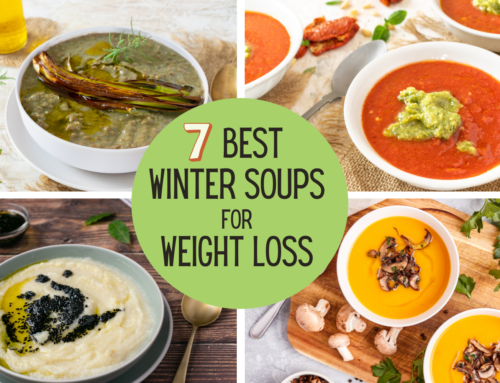
Love this diet I’ve been on keto and its steadied blood sugar decrease but calcium score a whopping increase so I need beans and ancient grains